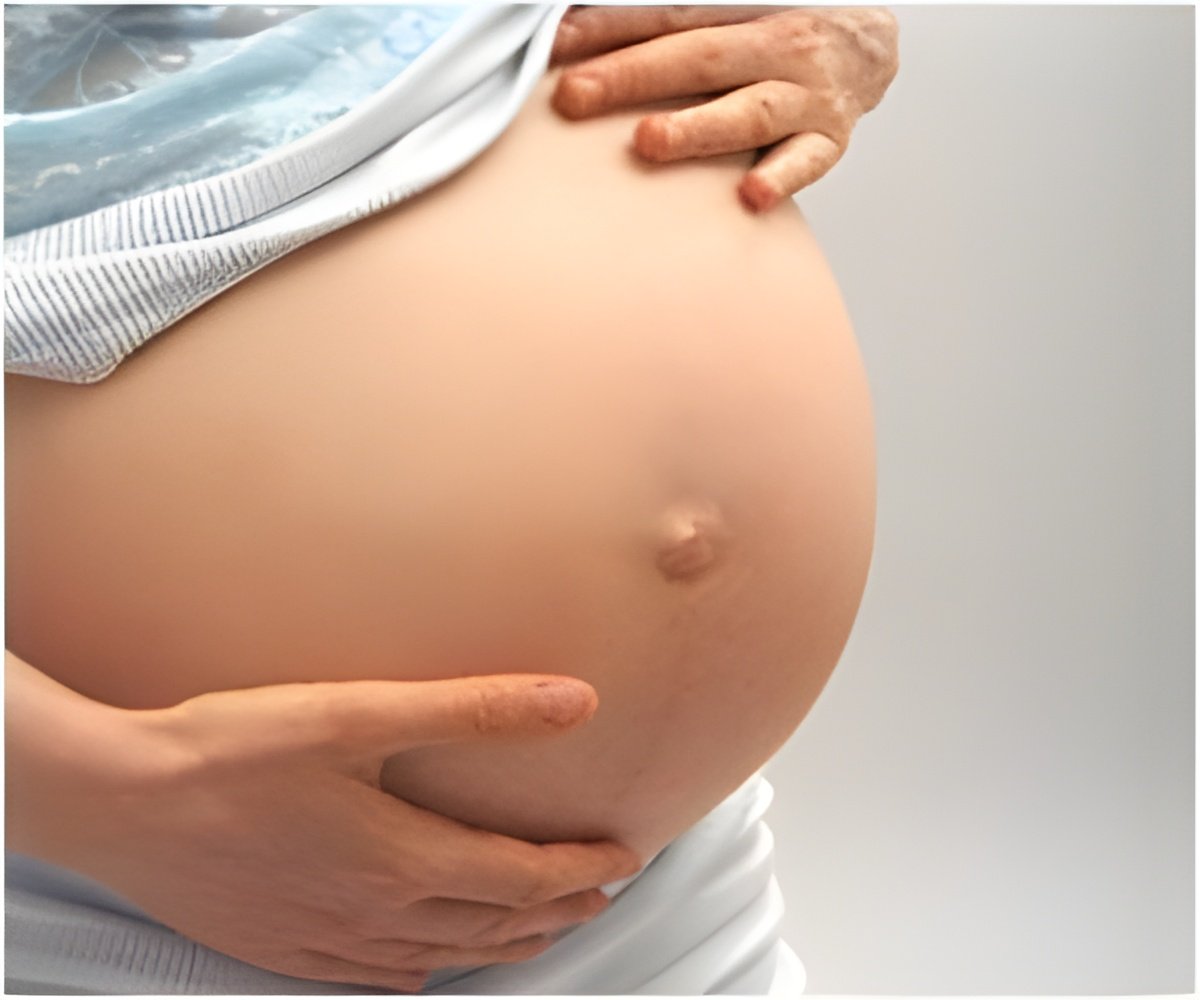
The Royal College of Midwives departments have actually called their status as "bursting at the seams" because they are facing huge staff shortages and are not able to care for women in labor.
Nearly 50% of units had refused women in the past year and many women had to travel miles in search of hospital.
The survey also found that nearly 46% of NHS heads of maternity had decided to temporarily close their unit due to their immobility to cope with the demands. One unit confessed to 61 closures in the last year.
Cathy Warwick, chief executive of the Royal College of Midwives, said: “The midwifery shortages and cuts to services it describes will have a detrimental impact on the care women, babies and their families receive. This shows a service that sometimes severely restricts the choices available to women, is struggling to provide continuity of care and is bursting at the seams in its ability to cope. Before closures happen services have been already stretched to their limit and closing is the point at which safety could be compromised if that does not happen."
Advertisement








